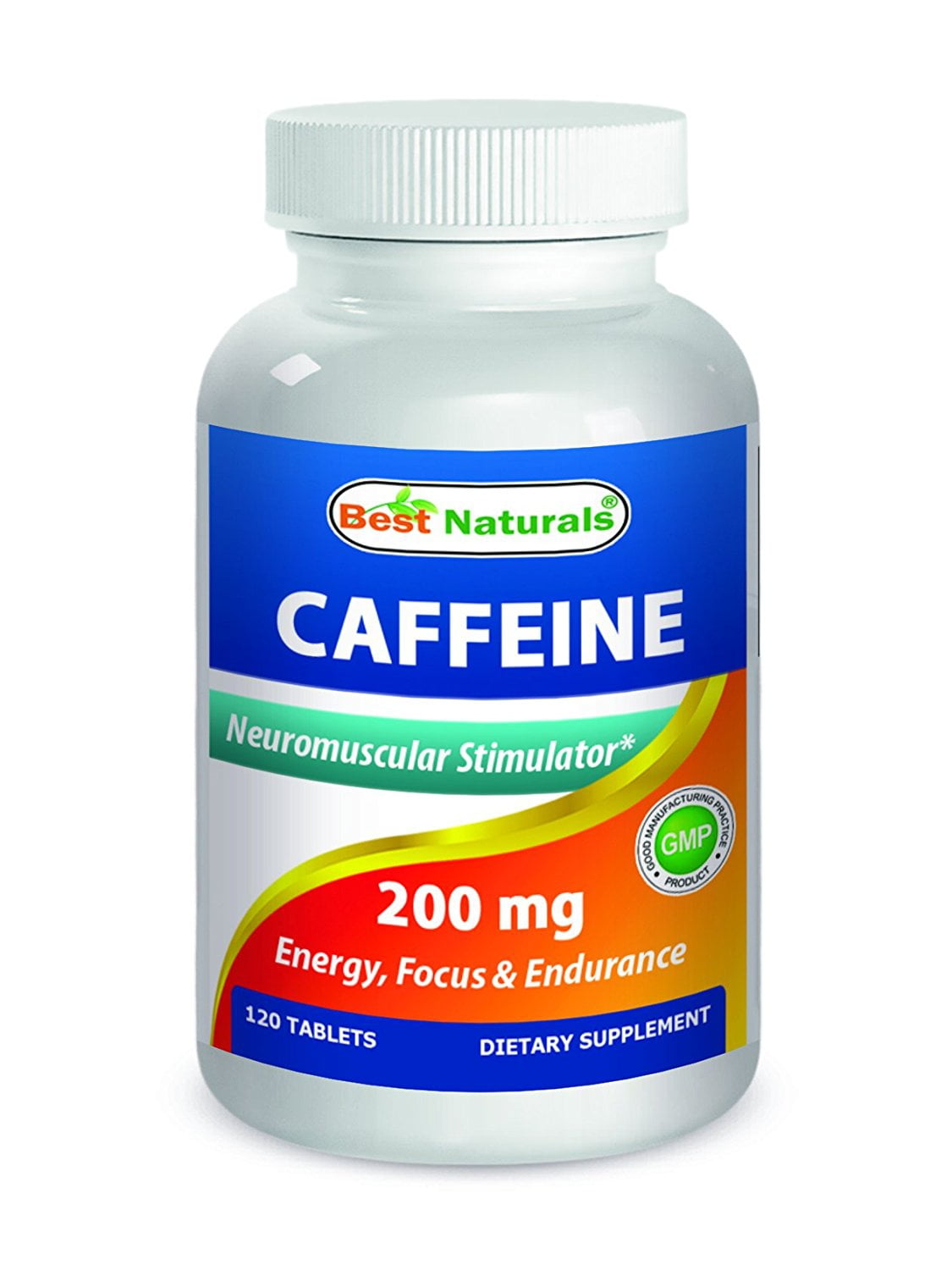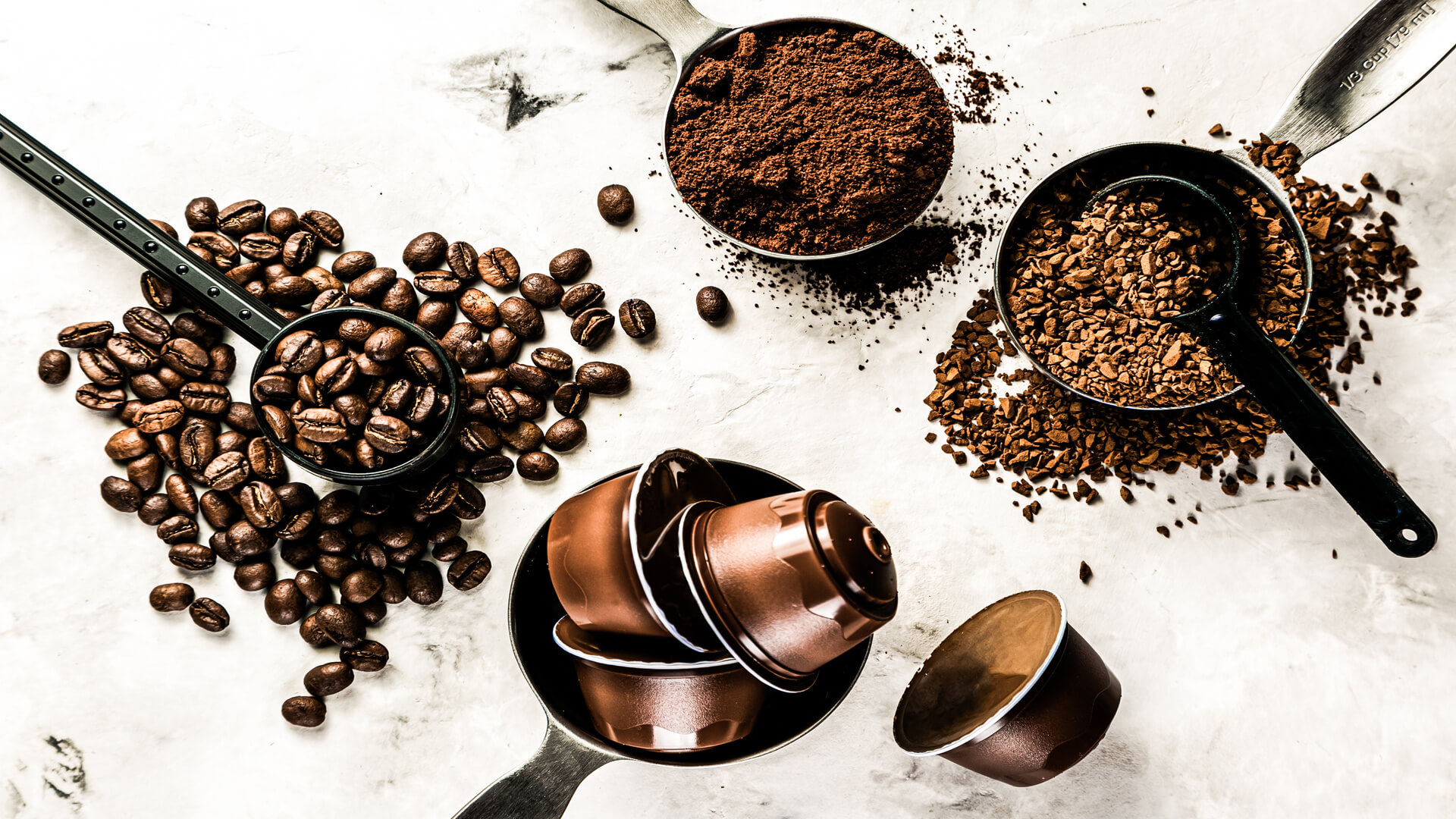

It is a good idea to consume it with breakfast so that you may get an energetic start to the day. Matcha is a great source of caffeine and can help you feel more awake throughout the day. See also: What Does Tea Tree Oil Do For Hair? Will matcha keep me awake? According to the results of their research, the anxiolytic effects of matcha are caused by the activation of dopamine D1 receptors as well as certain serotonin receptors.
Teaspoon matcha caffeine plus#
Researchers demonstrated the effectiveness of matcha green tea in lowering levels of anxiety in mice by putting them through an elevated plus maze test. In comparison, the United States Department of Agriculture estimates that one cup of coffee has around 95 mg of caffeine.This indicates that they have a lower amount of caffeine compared to black teas such as Lipton Extra Bold, which has around 38-45mg of caffeine per serving of 8 fluid ounces.There is between 28 and 38 mg of caffeine in one serving of both Lipton Green Tea and Lipton Matcha Green Tea.How much caffeine is in Matcha green tea bag? When used in moderation and on a consistent basis, the potential risks are significantly reduced.The brain, kidneys, lungs, nervous system, and red blood cells are only some of the organs that might be negatively affected by prolonged exposure to lead at high concentrations (9).Matcha tea may, on occasion, contain heavy metals such as lead or mercury, despite the fact that this occurrence is rather seldom.Matcha has anywhere from 38 to 176 milligrams of caffeine per cup, while a conventional cup of green tea may have anywhere from 20 to 90 milligrams of caffeine.The vast majority of green teas have far less caffeine per gram and in an average serving than matcha does.Matcha has between 19 and 44 milligrams of caffeine per gram, making it significantly higher in caffeine than the majority of conventional green teas ( 2 ).
Teaspoon matcha caffeine how to#
See also: How To Say Tea In Japanese? Is matcha stronger than coffee?Įven though they are both beverages that contain caffeine, one cup of coffee has significantly more caffeine than one serving of matcha. Even while matcha has a somewhat lesser amount of caffeine than other beverages, it is still the clear winner when it comes to health benefits.This results in a more severe drop in energy than you would experience with matcha.A significant amount of sugar is frequently present in energy drinks as well.The primary distinction is in the nutrients coffee and energy drinks do not include L-Theanine, which is necessary for a controlled, well-balanced increase in energy.What’s the difference between matcha and energy drinks? Caffeine, despite the fact that it has a number of negative side effects, is not all that terrible.In addition, the caffeine included in matcha tea is known to provide a ″feel good″ effect due to the fact that it is accompanied by other beneficial compounds, such as phytonutrients, antioxidants, and amino acids.The sense of relaxation can be attributed, in part, to the amino acid known as L-theanine.Although only trace amounts of iron, vitamin C, and vitamin A may be found in a single dose of matcha powder, these nutrients are still present. How many carbs in matcha green tea?Ī typical serving of matcha green tea has only three calories, zero carbohydrates, and one gram of fiber. There is a significant amount of caffeine in matcha powder.One serving of matcha green tea has around 70 milligrams of caffeine, whereas the same amount of a conventional cup of green tea has just 28 milligrams, and one cup of black tea has 47 milligrams.Matcha, on the other hand, offers a lower amount of caffeine per serving when compared to a standard cup of coffee or Zest High Caffeine Tea. The amount of powder added also has an effect on the amount of caffeine in the product.

This is a considerable increase when compared to the amount of caffeine that is found in one cup (237 mL) of normal green tea, which is 35 mg. One half to one teaspoon of the powder is used to make the matcha (3). A typical serving size of 2–3 ounces of normal matcha contains around 70 mg of caffeine.


 0 kommentar(er)
0 kommentar(er)
